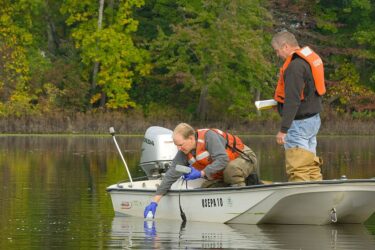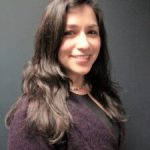 Even if you only cover health care occasionally, you run across myriad medical studies and health claims. The results and claims often seem conflicting and confusing. But understanding evidence-based medicine will help journalists explore for their audiences the science and the policy decisions that impact lives.
Even if you only cover health care occasionally, you run across myriad medical studies and health claims. The results and claims often seem conflicting and confusing. But understanding evidence-based medicine will help journalists explore for their audiences the science and the policy decisions that impact lives.
The program is set and the speakers are confirmed for next month’s Journalism Workshop on Evidence-Based Medicine.
Sessions will include:
- The connections and disconnections of science and policy
- Getting up to speed on clinical studies
- Research tools for evidence-based stories
- How to report on scientific fraud
- Understanding and reporting on screening evidence
- Digging into statistics
- How to use anecdotes and narratives while sticking to evidence
In a final session, the floor will open up to attendees to ask questions of a panel of veteran health journalists and start fine-tuning story ideas with a panel of veteran health journalists, who will share their own highlights of the workshop. This discussion will help you make the most of the workshop.
Sessions include experienced health journalists to be sure the experts stay focused on the most useful information for reporters. You’ll hear from Karl Stark; Tara Haelle; Ivan Oransky, M.D.; Maryn McKenna; Scott Hensley; Charles Seife; Gary Schwitzer; Sarah Kliff; Liz Szabo and Jeanne Erdmann. Professors and researchers from Johns Hopkins, the U.S. Cochrane Center, Georgetown, the U.S. Preventive Services Task Force and other organizations will be there to share their expertise.
The workshop includes a reception, breakfast and lunch, as well as the chance to network with fellow health journalists and experts.
Ready to make an investment in your career and take your reporting to the next level? Register today.








